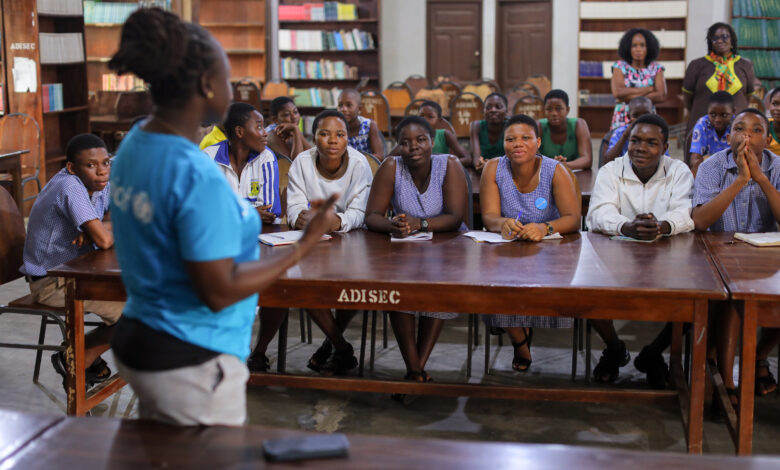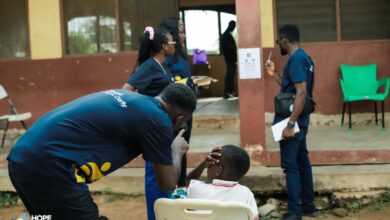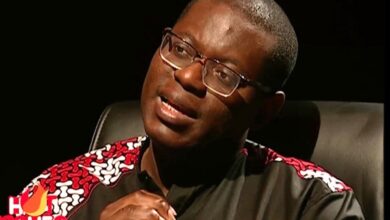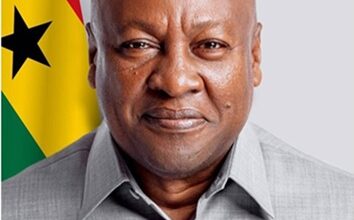Ghana Gives Adolescent Girls a Seat at the Policy Table

Adolescent girls in Ghana are beginning to shape the policies that affect their future, following a series of nationwide consultations led by UNICEF Ghana and the government.
The initiative engaged more than 200 adolescents aged between 10 and 19, with girls making up 80 percent of participants. Consultations took place in Wa, Kumasi, and Tema, creating safe spaces for young people to openly discuss the challenges they face and propose solutions.
Their insights will directly inform government programmes in education, health, child protection, climate resilience, digital inclusion, mental health and life skills. UNICEF says the initiative ensures that the lived experiences of young people are embedded into policies rather than overlooked.
One participant, Faustina, 17, described a pressing reality: “The men who support us often demand sex in return, which leads to pregnancies. As young girls, this is one of the greatest challenges we face. Some of us are willing to work, but there are very few opportunities available. If we had access to jobs, we would gladly take them so that we can move away from this harmful lifestyle.”
Such testimonies, UNICEF noted, highlight the urgency of aligning national development strategies with the real needs of adolescent girls. “These consultations are not just about listening, they are about action,” said Irene Tumwebaze, UNICEF Ghana’s Adolescent and Gender Lead. “The voices of adolescents will help shape policies and programmes that invest in their potential, advance gender equality, and ensure a brighter future for all.”
The consultations also align with the broader West and Central Africa regional agenda to promote adolescent well-being, signaling a shift towards more inclusive policymaking across the continent.
UNICEF and its partners say they remain committed to turning these voices into action, ensuring adolescent girls are placed at the center of decision-making processes to help them thrive.




